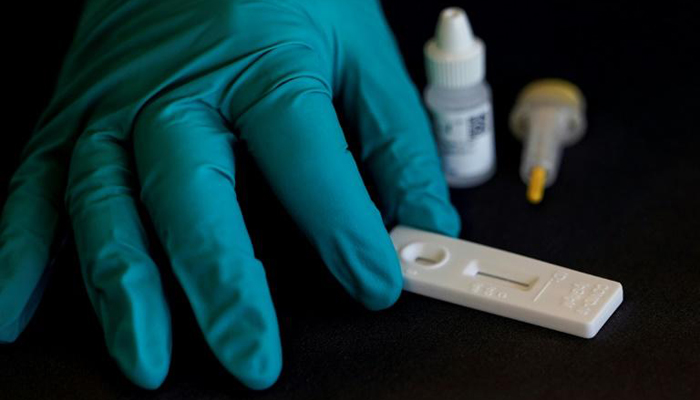No, you don’t need a COVID-19 antibody test after vaccination
Antibody testing is not currently recommended to assess for immunity to coronavirus, says US Center for Disease Control and Prevention
June 03, 2021

Most of us are rushing to get our antibodies tested two weeks after being fully immunised for coronavirus. But these commercially available tests are a waste of time and money, say immunology experts.
What is an antibody?
Antibodies are blood proteins that the body produces to fight against invaders, such as bacteria and viruses.
Antibody tests were used during the pandemic to determine if a person had already been infected with the coronavirus. The tests searched specifically for the anti-nucleocapsid antibodies, wrote Dr Luis Ostrosky in a blog for the McGovern Medical School at UTHealth. The anti-nucleocapsid antibodies are created through natural coronavirus infection, he added.
Why are antibody tests unnecessary?
Vaccination jabs produce a wholly different kind of antibody protein, known as IgG antibodies. Few tests commercially available right now are looking for IgG antibodies.
Explainer: How worried should we be about blood clots linked to AstraZeneca, J&J vaccines?
Simply put, the antibody test you are getting will tell you if you have antibodies after being infected with COVID-19, but it will not be able to detect the antibodies created after vaccination.
The US Center for Disease Control and Prevention also states on its website that antibody “testing is not currently recommended to assess for immunity to COVID-19 following COVID-19 vaccination or to assess the need for vaccination in an unvaccinated person.”
Dr Carl Fichtenbaum, an infectious disease specialist at the University of Cincinnati College of Medicine, told NPR that the antibody tests for diseases like mumps and measles took decades to develop. “With COVID-19 we're only at a year-and-a-half,” he said.
While there are labs that are creating antibody tests specifically to trace COVID-19 spike proteins, until those are commercially available, the tests you are getting done right now are not reliable.











